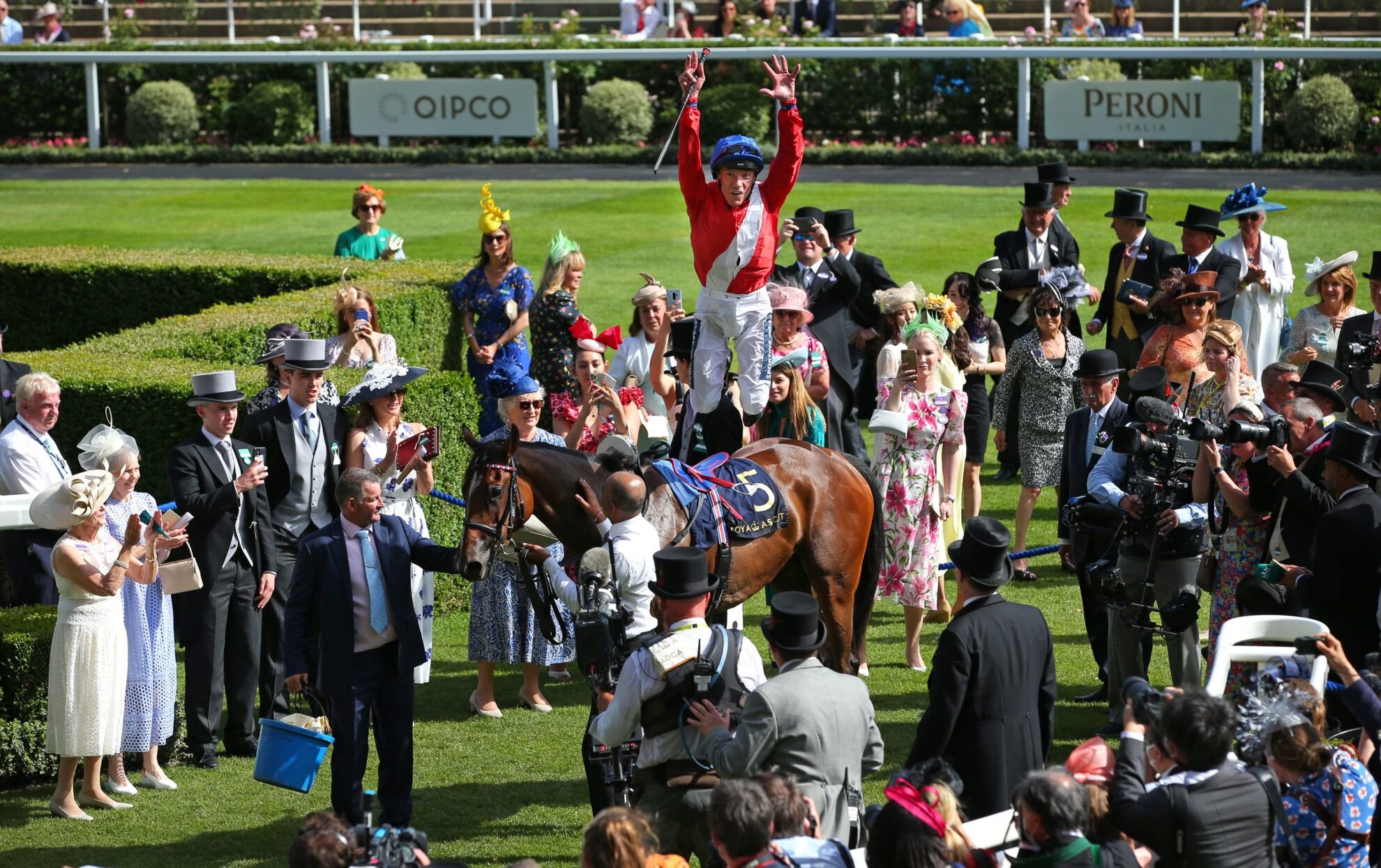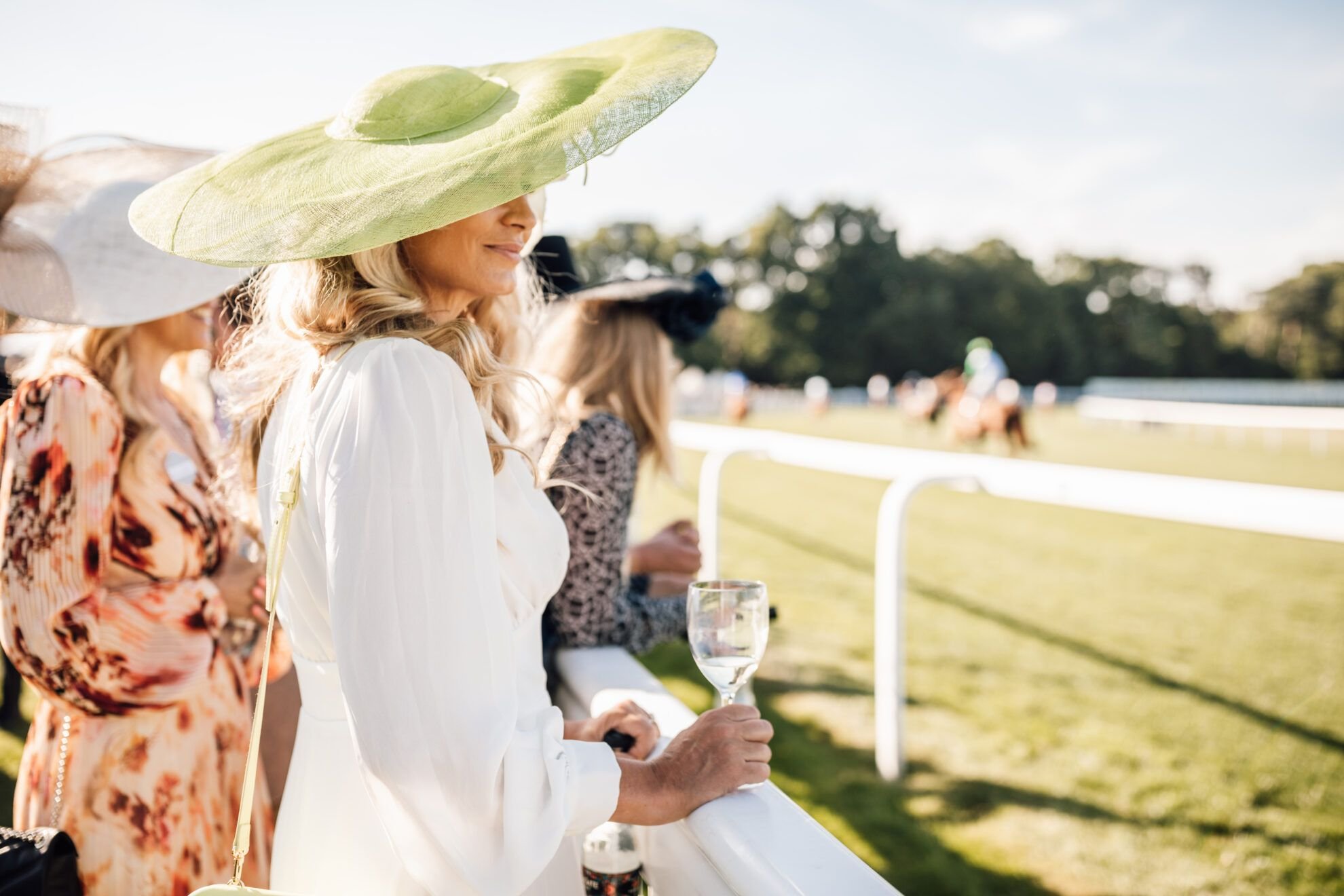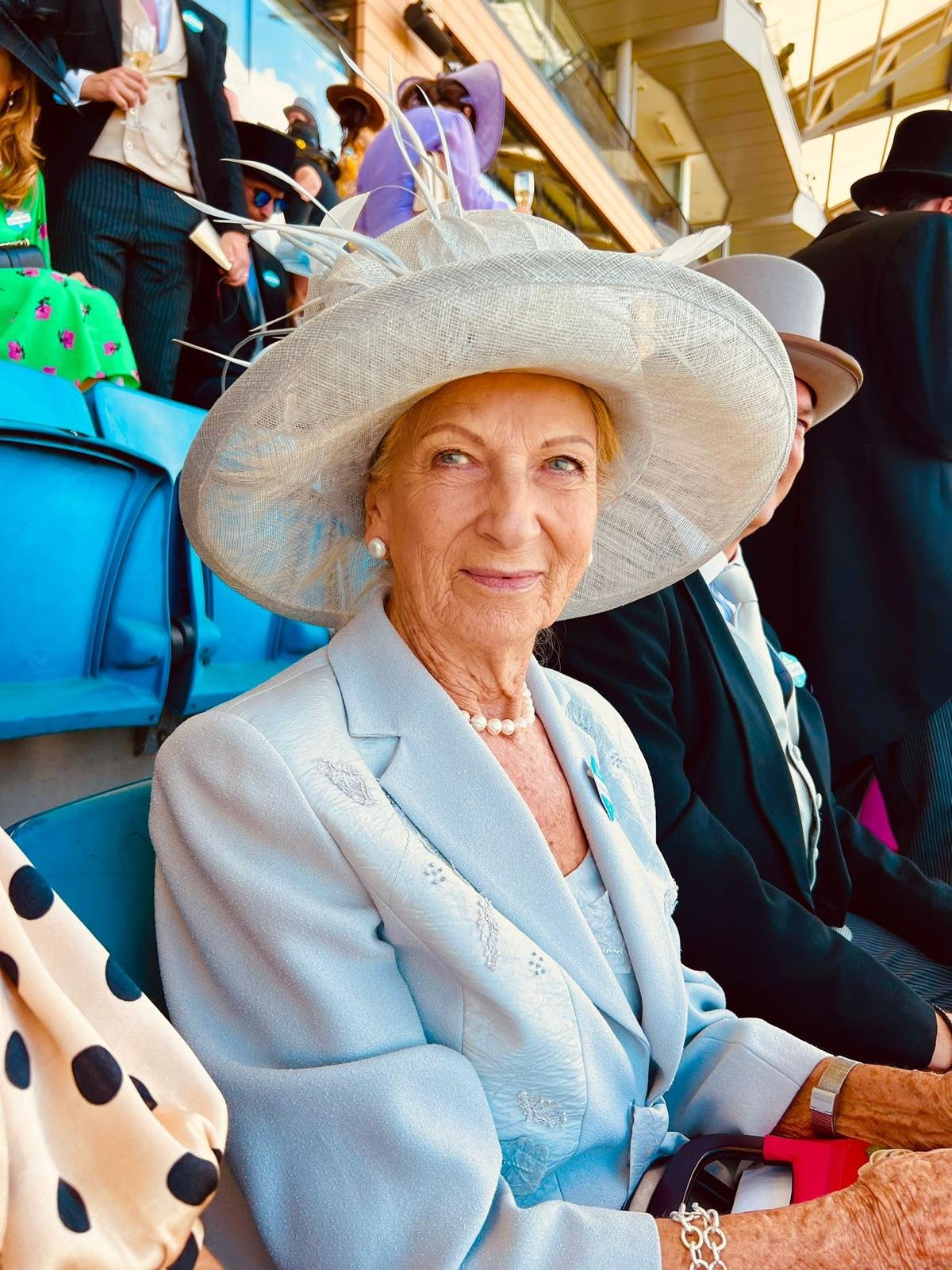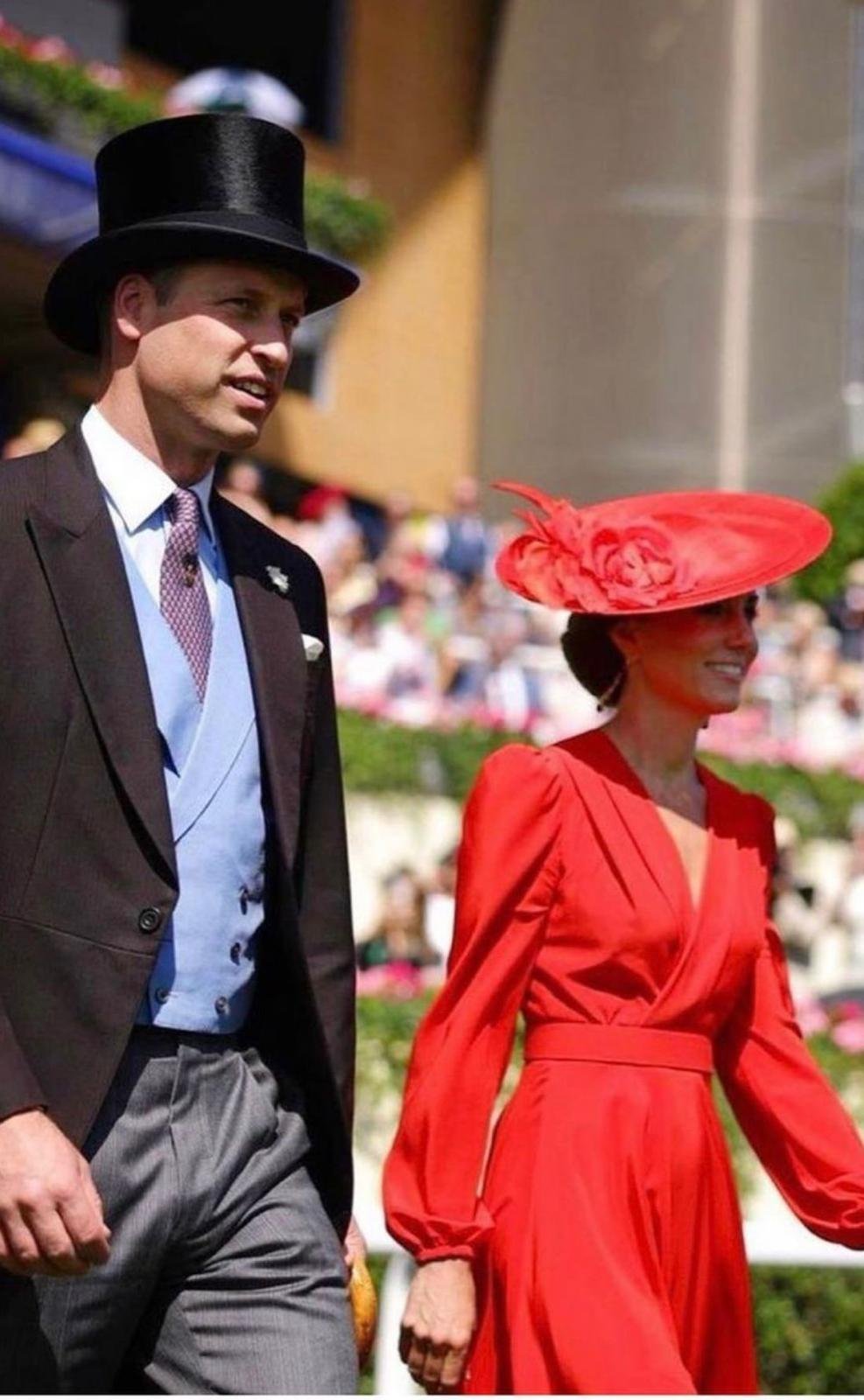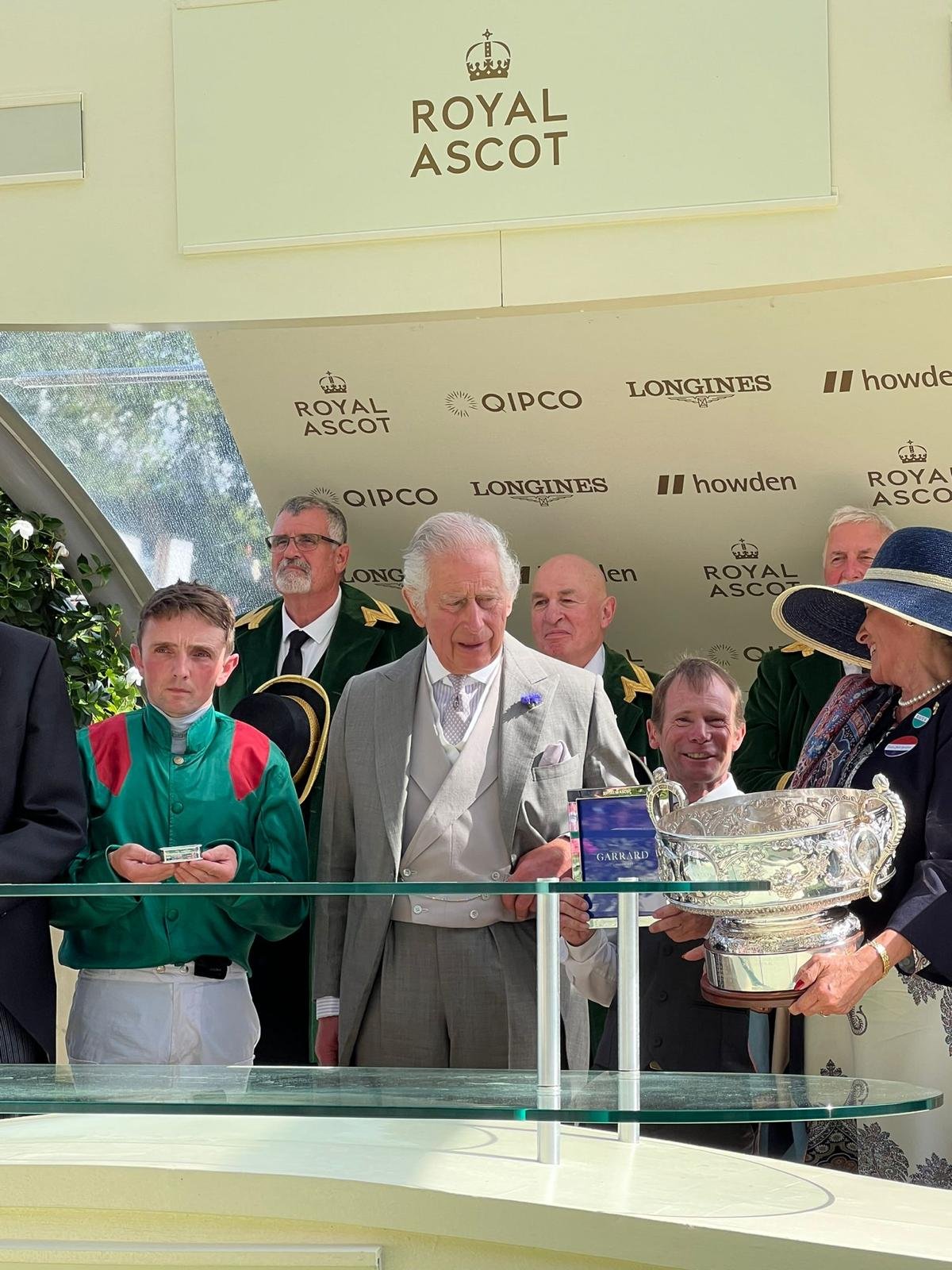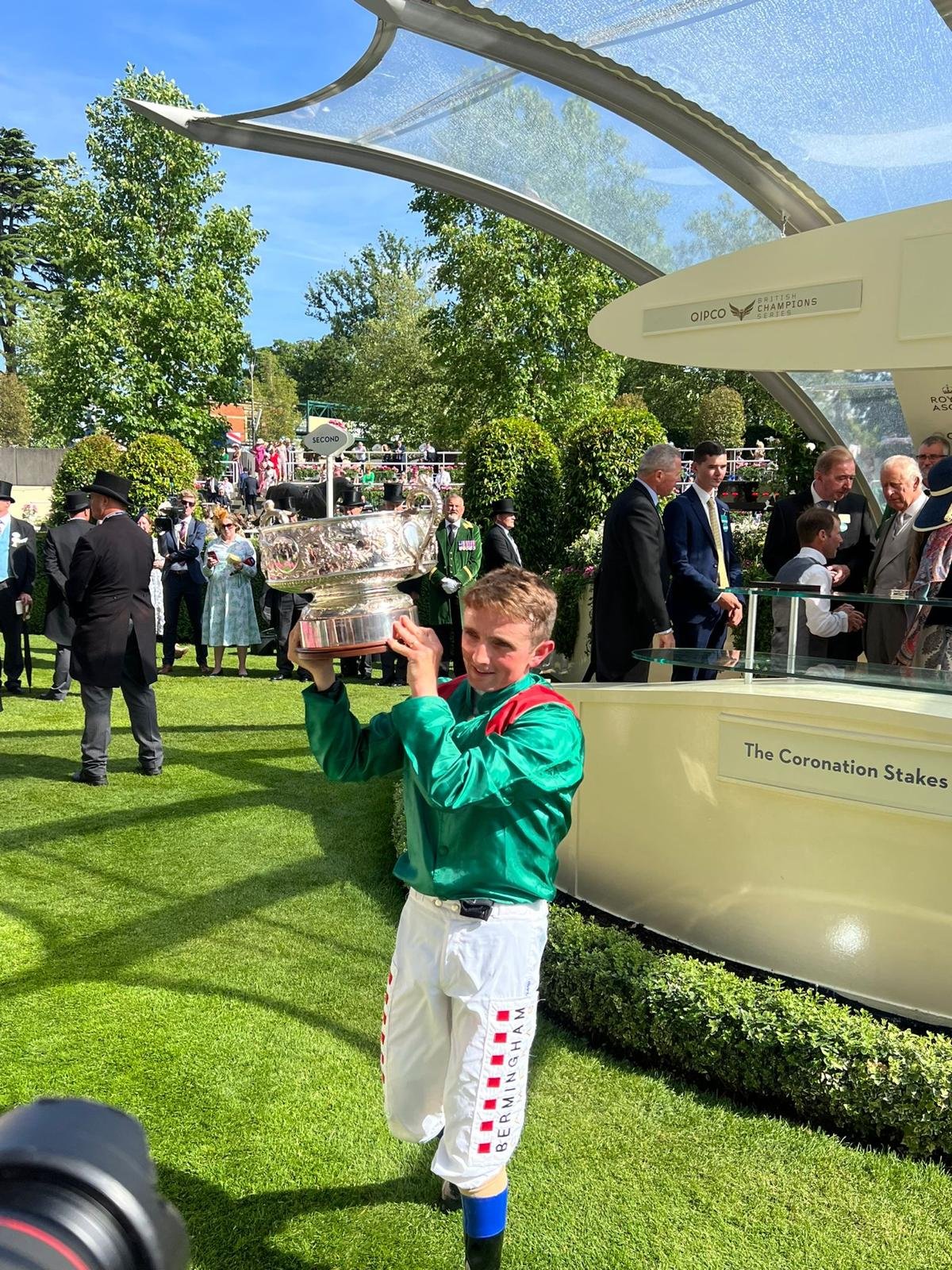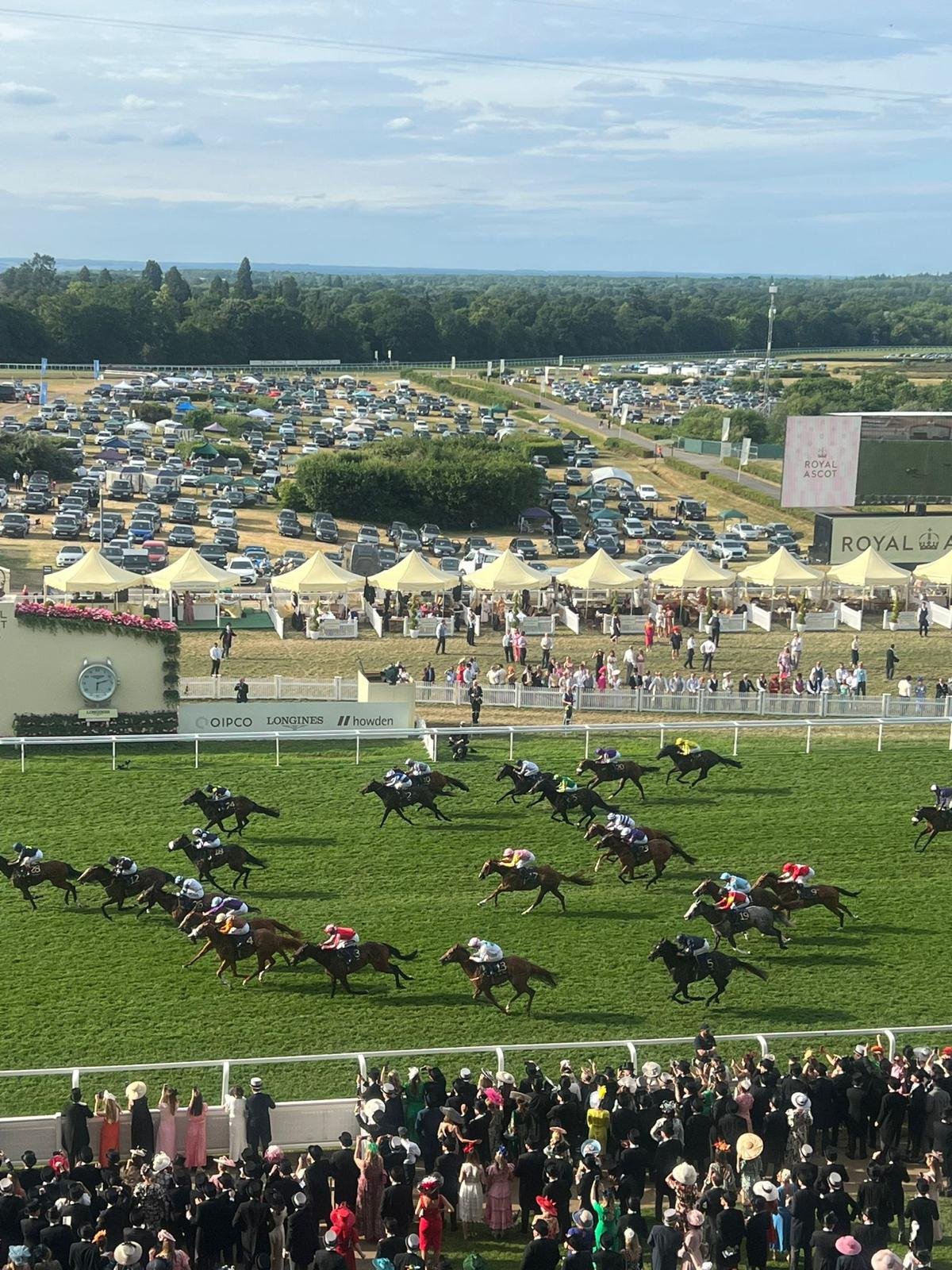The Royal Ascot
The most glamorous season of the year is here once again. It's time for Royal Ascot and more.
Ladies and gentlemen, get ready for another season of horse racing glamour as England hosts the prestigious Royal Ascot and other exhilarating races that grace the country's circuit. This annual spectacle not only showcases the thrilling athletic prowess of noble equines but also brings together a tapestry of elegance, fashion, and the unmistakable charm of British tradition.
As Royal Ascot commences, it is impossible not to marvel at the splendour and opulence that permeate every corner of Ascot Racecourse. The world's most famous horse racing event, originating in 1711, is a spectacle like no other. Impeccably dressed spectators gather to watch the competitions and place their well-considered bets on their favourite horses.
When it comes to dressing for such a grand occasion, fashion takes centre stage. Royal Ascot is famous for its strict dress code, adhering to a notion of timeless elegance. We, women, can showcase stunning hats or fascinators, delicately balancing sophistication and daring, something I personally love. Gentlemen also display their fashion prowess with morning coats, top hats, and accessories. The combination of fashion and racing at Royal Ascot has elevated this event to a runway of style that definitely rivals fashion weeks.
The connection between the Royal Family and horse racing is deeply rooted in history and tradition. Her Majesty Queen Elizabeth II was a passionate equestrian enthusiast and a frequent presence at Royal Ascot. Her successor, King Charles, has also been a regular spectator and participant in the event over the years and has achieved success as a horse owner, winning some important races.
Furthermore, King Charles has been an active supporter of horse racing in the UK, both in terms of promoting the equestrian industry and animal welfare. He is involved in various organisations related to horses and racing, working to ensure the sustainable future of this traditional sport.
His presence at Royal Ascot is a reflection of his commitment to British traditions, sports, and the promotion of relevant causes within the horse racing industry.
The importance of horse racing goes far beyond its cultural and sporting value. This great tradition drives a significant economic machine in the United Kingdom. From breeding and training to hospitality and tourism, the racing industry makes a significant contribution to the country's financial sector. Spectators from all over the world converge on British soil, injecting life and vitality into local economies and reaffirming England's position as a global centre of excellence in horse racing.
As the applause of the crowd echoes through the hallowed grounds of the racecourses, the spirit of camaraderie and anticipation is palpable. The thunderous gallop of hooves, the grace of expertly trained jockeys, and the euphoria of victory intertwine to create an extraordinary spectacle that has stood the test of time.
Therefore, whether you are someone who dons an extravagant hat or someone captivated by the athletic prowess of equine champions, immerse yourself in the world of British horse racing. Experience the heritage, fashion, and indomitable spirit that make this tradition an unparalleled celebration of skill, style and the enduring bond between humans and their magnificent equine companions.
Prince Charles, as a member of the British Royal Family, has a strong connection with Royal Ascot. He is a great enthusiast of horse racing and has been a frequent spectator and participant in the event over the years. Prince Charles has owned racehorses himself and has even achieved success as an owner, winning some important races.
Furthermore, King Charles has been an active supporter of horse racing in the UK, both in terms of promoting the equestrian industry and animal welfare. He is involved in various organisations related to horses and racing, working to ensure the sustainable future of this traditional sport.
His presence at Royal Ascot is a reflection of his commitment to British traditions, sports, and the promotion of relevant causes within the horse racing industry.
The importance of horse racing goes far beyond its cultural and sporting value. This great tradition drives a significant economic machine in the United Kingdom. From breeding and training to hospitality and tourism, the racing industry makes a significant contribution to the country's financial sector. Spectators from all over the world converge on British soil, injecting life and vitality into local economies and reaffirming England's position as a global centre of excellence in horse racing.
As the applause of the crowd echoes through the hallowed grounds of the racecourses, the spirit of camaraderie and anticipation is palpable. The thunderous gallop of hooves, the grace of expertly trained jockeys, and the euphoria of victory intertwine to create an extraordinary spectacle that has stood the test of time.
Therefore, whether you are someone who dons an extravagant hat or someone captivated by the athletic prowess of equine champions, immerse yourself in the world of British horse racing. Experience the heritage, fashion, and indomitable spirit that make this tradition an unparalleled celebration of skill, style and the enduring bond between humans and their magnificent equine companions.
Prince Charles, as a member of the British Royal Family, has a strong connection with Royal Ascot. He is a great enthusiast of horse racing and has been a frequent spectator and participant in the event over the years. Prince Charles has owned racehorses himself and has even achieved success as an owner, winning some important races.
Furthermore, Prince Charles has been an active supporter of horse racing in the UK, both in terms of promoting the equestrian industry and animal welfare. He is involved in various organisations related to horses and racing, working to ensure the sustainable future of this traditional sport.
His presence at Royal Ascot is a reflection of his commitment to British traditions, sports, and the promotion of relevant causes within the horse racing industry. As a member of the Royal Family, his participation also adds a touch of prestige and importance to the event, attracting international attention and highlighting the cultural and historical significance of the Royal Ascot.
The significance of horse racing extends far beyond its cultural and sporting value. This grand tradition drives a significant economic engine in the United Kingdom. From breeding and training to hospitality and tourism, the racing industry makes a substantial contribution to the country's financial sector. Spectators from around the world converge on British soil, injecting life and vitality into local economies and solidifying England's position as a global hub of excellence in horse racing.
As the applause of the crowd echoes across the sacred grounds of the racecourses, the spirit of camaraderie and anticipation is palpable. The thunderous gallop of hooves, the elegance of expertly trained jockeys, and the ecstasy of victory intertwine to create an extraordinary spectacle that has withstood the test of time.
So, whether you're someone sporting an extravagant hat or someone captivated by the athletic prowess of equine champions, immerse yourself in the world of British horse racing. Experience the heritage, fashion, and indomitable spirit that make this tradition an unparalleled celebration of skill, style and the enduring bond between humans and their magnificent equine companions.
Imagens: Royal Ascot Official website/ Fernanda Andrade



